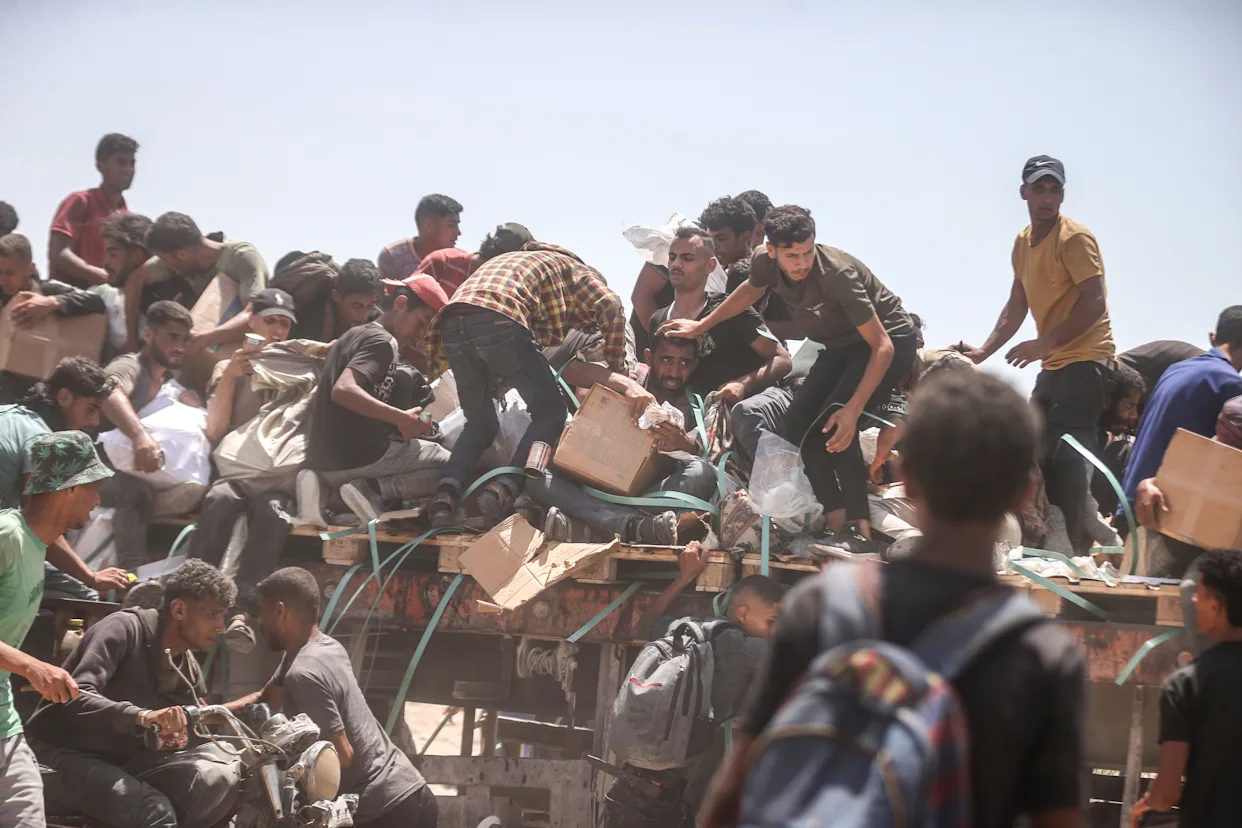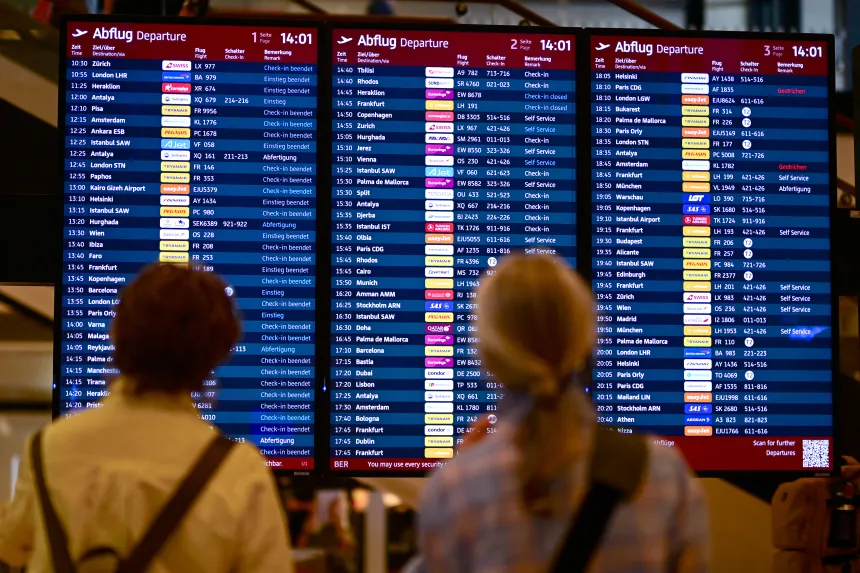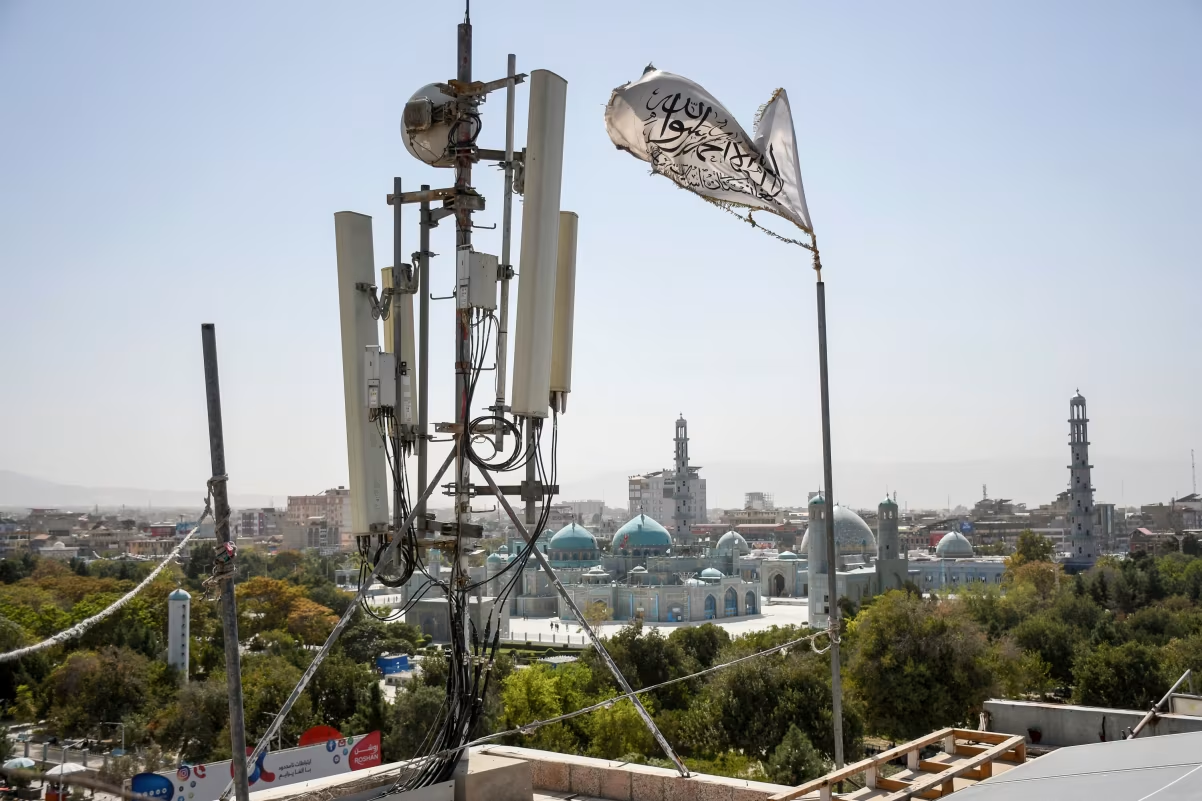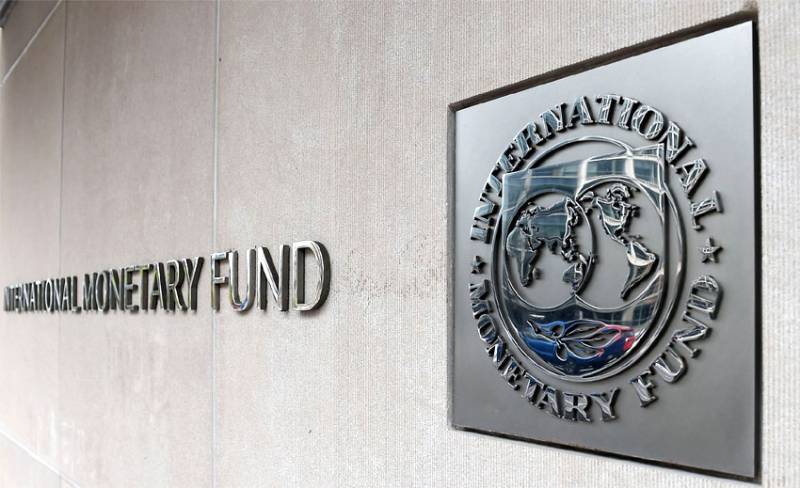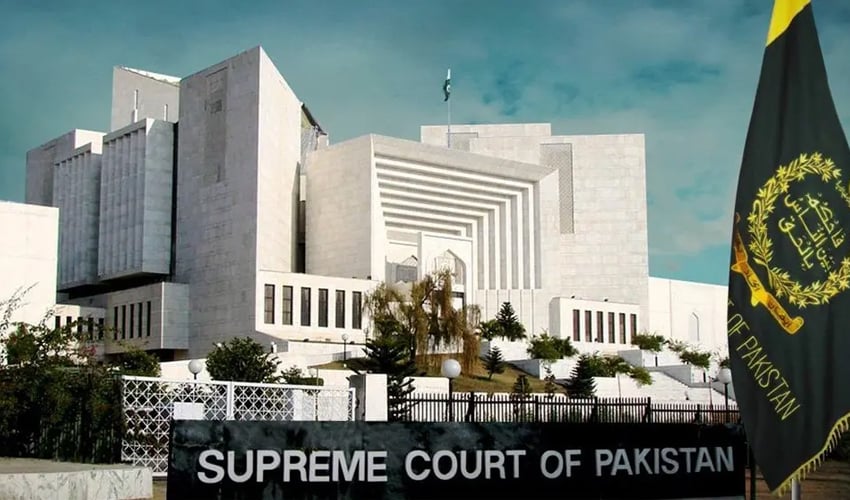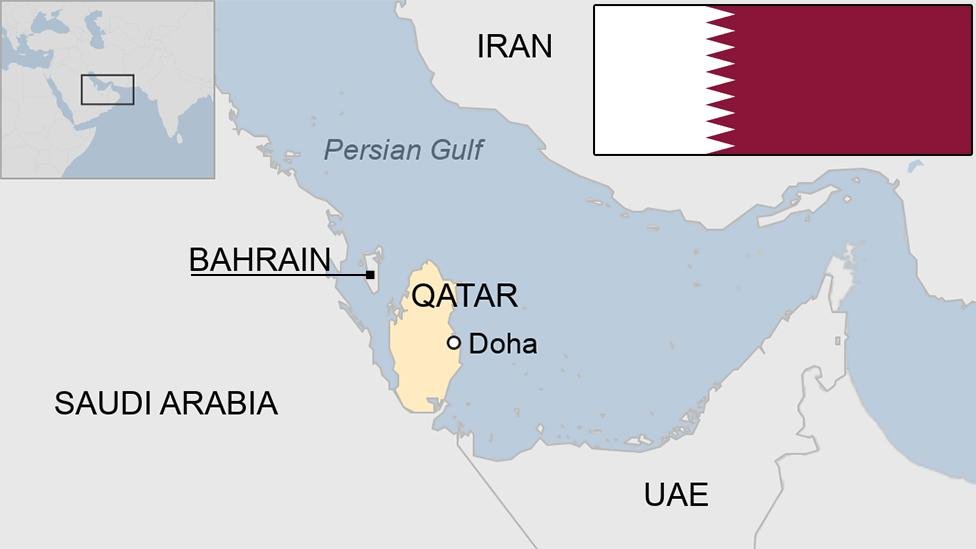At least 71 Palestinians seeking humanitarian aid have been killed in Israeli attacks as Gaza’s hunger emergency intensifies. Hospitals in the territory also reported seven additional deaths linked to famine and severe malnutrition, underlining the escalating health disaster.
On Wednesday, Israeli forces killed at least 51 people and injured over 648 more near the Zikim crossing as crowds approached to receive desperately needed aid. In southern Gaza, 20 more civilians were killed near the Morag Corridor close to Khan Younis, as reported by the Nasser Medical Complex. These deadly incidents are part of a troubling pattern: since late May, more than 1,000 Palestinians have died near aid distribution points operated by the US and Israeli-backed Gaza Humanitarian Foundation (GHF), whose operations have drawn criticism from the UN and other humanitarian organizations for inadequate aid delivery and poor security.
Aid agencies and health officials continue to warn of soaring starvation rates in Gaza, particularly affecting children and the elderly. The Gaza Health Ministry revealed that 154 people, including 89 children, have died from malnutrition in recent weeks. International hunger monitors now warn that a famine is taking hold.
The crisis is evident in personal stories, such as that of Jihan al-Quraan, a mother who described watching her daughter’s body waste away from lack of food. After a month without bread, she searched soup kitchens in vain, finding only scraps of dry pasta.
Despite the desperate need, the amount of aid entering Gaza is far below what’s required. The United Nations Relief and Works Agency (UNRWA) reports that the current trickle of humanitarian supplies reaches only a small fraction of the population. The UN estimates Gaza needs at least 500 to 600 aid trucks daily, but only 269 trucks have arrived over the past four days—and many have been looted by hungry crowds.
The Euro-Med Human Rights Monitor has documented numerous deaths among elderly residents of displacement camps, attributed to starvation, malnutrition, or lack of access to medical care. The organization notes that many of these deaths are underreported as “natural causes” due to insufficient medical documentation and the immediate burial practices of grieving families. Hospitals and clinics, meanwhile, have seen a dramatic surge in daily deaths, with hundreds of elderly patients arriving in critical condition, desperate for basic nutrition and treatment.



